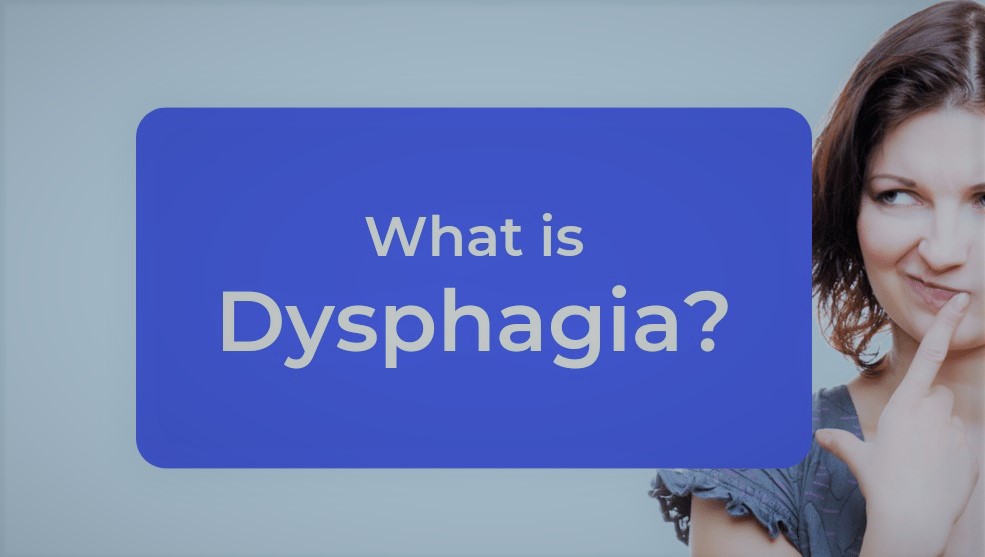Dysphagia, also known as difficulty swallowing, can be caused by a plethora of reasons.
For instance, if you are suffering from a nervous system ailment, your throat muscles will not work correctly. It, in turn, may make it difficult for you to swallow your food. Sometimes, dysphagia can also become a prominent issue if you have GERD or acid reflux.
Thus, before you begin treating this issue, you will need to know what’s causing it at the earliest. Make sure to go through the following sections to learn more in this regard.
Table of Contents
Symptoms Of Dysphagia
Dysphagia can occur during three phases of swallowing – oral, esophageal, and pharyngeal. Here are some of the symptoms that you may encounter with this issue –
- Inability or experiencing difficulty while swallowing
- Feeling a sense of pain when eating something
- Gagging or coughing while swallowing
- Hoarseness
- Loss of weight (due to not eating enough food)
- Drooling (can be caused by muscle problems)
- A feeling of food items getting stuck in your chest, throat, or sternum
Usually, when treating dysphagia, your doctor would try to find and cure the underlying disease before anything else. In the meantime, they may ask you to take a swallowing gel to ease your problems.
What Causes Dysphagia?
The procedure of swallowing is pretty complex. Therefore, its causes can differ depending on the different phases. Here’s what you need to know in this aspect –
Oral Dysphagia
Oral dysphagia usually occurs when the food items get stuck in the upper section of your throat. Here are a few issues that may lead to this problem –
- A brain injury that’s causing stricture in your throat
- Head or neck carcinoma
- Cerebral palsy
- Cleft palate
- Congenital disabilities
- Neuromuscular diseases
Oral dysphagia can also be caused by gastroesophageal disorders, including GERD or acid reflux.
Oropharyngeal Dysphagia
Certain conditions can affect your throat muscles and weaken them to some extent. It, in turn, can make the swallowing procedure even more difficult. The following are some of the issues that may lead to this problem –
- Neurological disorders, such as Parkinson’s disease, muscular dystrophy, multiple sclerosis, etc., can make your throat muscles enfeeble. Hence, it may affect your swallowing capability to some extent.
- Cancer, especially throat carcinoma, may cause a lump in the oropharyngeal area, resulting in swallowing difficulties. Moreover, the issue of dysphagia can sometimes also occur due to radiation and other cancer-related therapies.
- Zenker’s diverticulum is a pouch situated in your throat that collects food particles in your throat. So, it becomes difficult to swallow aptly when this organ fills up.
Esophageal Dysphagia
Esophageal dysphagia refers to a feeling of food particles getting stuck at the base of your chest. Here are a few issues that may lead to this problem –
- Whether they’re cancerous or non-cancerous, esophageal tumors can make it pretty difficult for you to swallow foods. If left untreated, this issue can get gradually worse.
- Due to achalasia, your lower esophageal muscle usually stops relaxing appropriately. Therefore, the swallowed food comes back up and causes a sensation of dysphagia.
- Esophageal stricture, or narrowed esophagus, can sometimes trap large pieces of food and make it difficult to swallow. This condition primarily occurs amongst GERD patients.
Treating Dysphagia
The treatment for dysphagia usually depends on the underlying disease causing this issue. However, in general, your doctor might ask you to follow the below-mentioned points to ease your condition a little –
- Performing learning exercises to restimulate or alleviate the nerves that are affecting your swallowing capability
- Learning swallowing techniques to take care of the dysphagia-related issues caused by Parkinson’s Disease or Alzheimer’s Disease
- Going through a surgical procedure to remove the tumor or lump in the esophagus that’s causing difficulty swallowing
- An esophageal dilation procedure can be ideal for taking care of the narrowing of an esophagus (achalasia)
- Following a special diet (mostly liquid) will be essential for treating dysphagia caused by eosinophilic esophagitis
Aside from this, your doctor may also provide you with medications to reduce the severity of dysphagia symptoms.
ConclHusion
Like any other seemingly less-worrying problem, many people tend to ignore the early signs of dysphagia too. However, that’s wrong.
Difficulty swallowing generally accompanies other more concerning health issues. Therefore, you need to find a solution and treat it as soon as possible!


